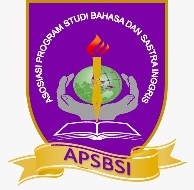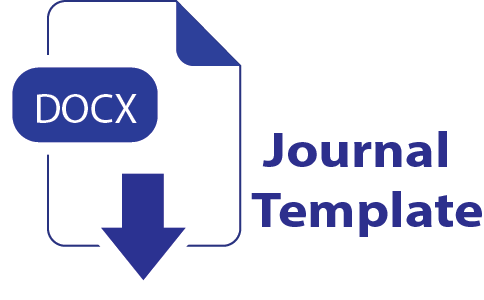The interplay between self-regulated learning behavioral factors and students’ performance in English language learning through Moodle
Abstract
The increasing popularity of online learning environments, such as Moodle LMS, has led to a growing interest in identifying factors contributing to student success in language learning. Self-regulated learning behaviors, such as goal setting, planning, and self-monitoring, have been identified as key predictors of academic achievement. However, limited research on how these behaviors relate to success in online language learning environments is limited. This study aimed to identify self-regulation learning factors and assess behaviors in English language teaching through Moodle LMS by analyzing trace data. The study analyzed trace data from 1523 English language learners in a Moodle course and identified several behavioral factors. The final course point in English language learning is significantly predicted, including the number of completed quizzes, middle course points, engagement with course materials, time spent on tasks, completion score quizzes, access time in total, and pacing. The study found that completing quizzes was the strongest predictor of the final course point, followed by time spent on task, access time in total, and middle course point. The findings suggest that educators can use the identified behavioral factors to promote self-regulated learning online and develop interventions to support students struggling with self-regulated learning. The studies include using trace data to analyze behavioral patterns and focusing on self-regulated learning factors in online language learning. The study provides important insights into self-regulated learning factors and behaviors in English language learning through Moodle LMS, which can inform the development of effective interventions to support students in online language learning environments.



_.jpg)
_.jpg)




